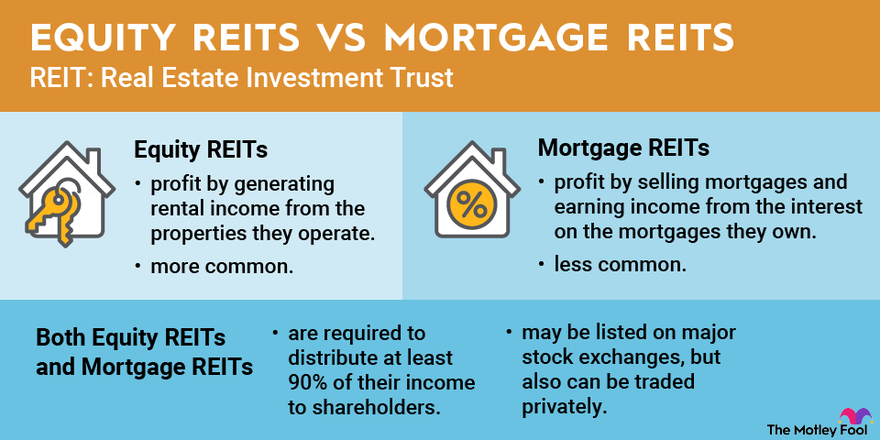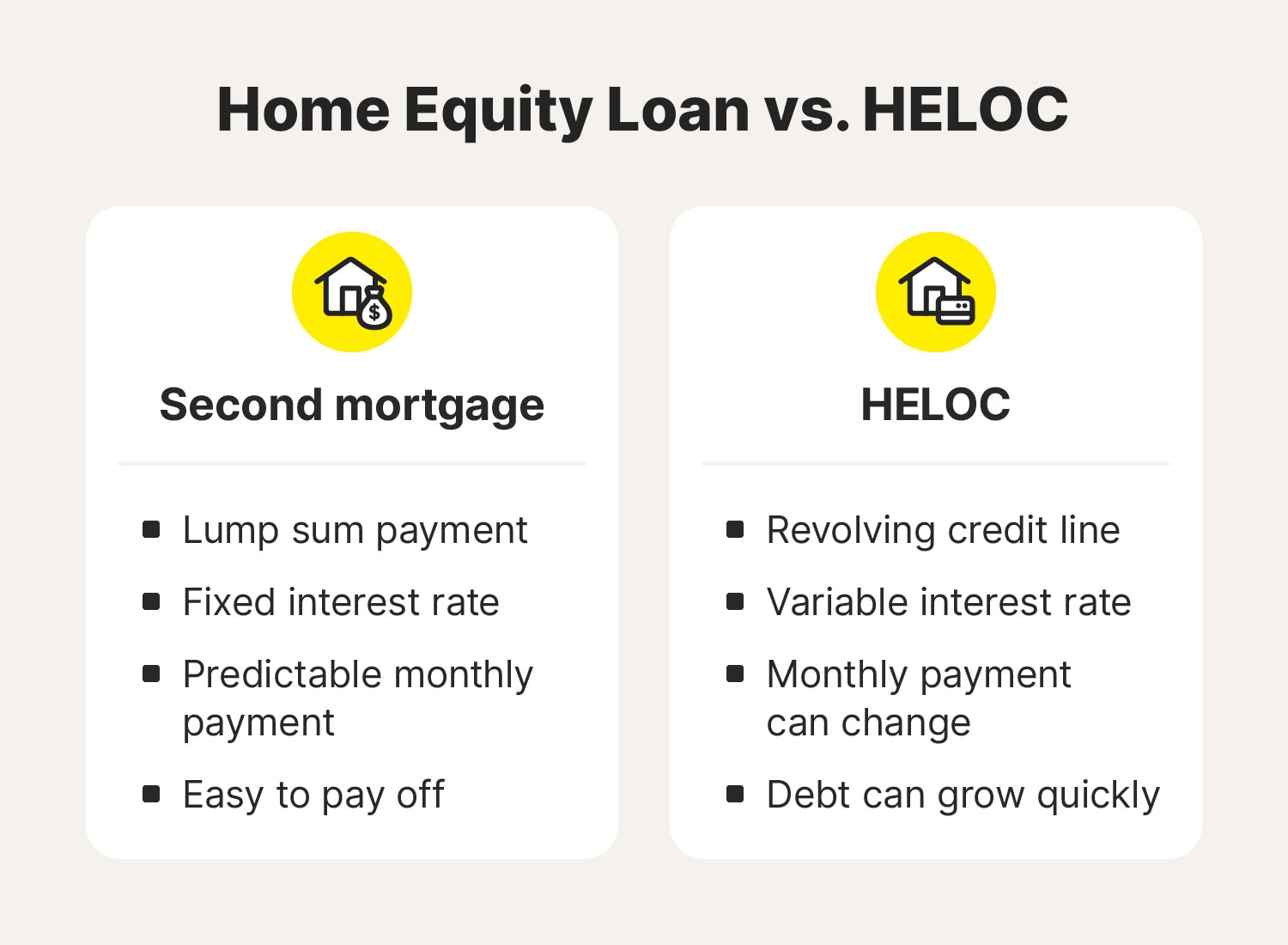Exploring Monetary Flexibility Through Equity Release Mortgages
Exploring Monetary Flexibility Through Equity Release Mortgages
Blog Article
Discovering the Various Kinds Of Equity Release Mortgages Available Today
Equity Release home loans present various choices for house owners aged 55 and over. equity release mortgages. These economic items cater to different needs and choices, allowing individuals to access funds from their residential or commercial property. From lifetime home mortgages to shared gratitude mortgages, each type offers unique advantages. Comprehending these alternatives is essential for making notified decisions. What elements should one take into consideration when picking one of the most suitable equity Release strategy? The details that adhere to may shed light on this vital subject
Understanding Equity Release Mortgages
Equity Release home loans give property owners, commonly those aged 55 and over, with a method to access the value tied up in their property without needing to sell it. This monetary option permits people to transform a portion of their home equity into money, which can be used for different functions, such as home enhancements, paying off financial obligations, or funding retirement.Equity Release can take different forms, however it basically entails loaning against the worth of the home while retaining ownership. Home owners can choose to receive a swelling sum or a collection of smaller payments, relying on their monetary demands and preferences.Additionally, the amount offered for Release is affected by the residential or commercial property's worth, the property owner's age, and particular loan provider standards. Generally, recognizing equity Release home mortgages is important for homeowners to make enlightened choices concerning tapping right into their home's equity while thinking about the lasting ramifications.
Lifetime Mortgages
Life time home mortgages stand for one of the most preferred forms of equity Release. This financial product allows home owners, generally aged 55 or older, to borrow versus the value of their residential property while retaining possession. The car loan, which is safeguarded versus the home, accumulates interest over time yet does not need monthly repayments. Rather, the funding and built up rate of interest are settled when the homeowner passes away or relocates right into long-lasting care.Lifetime home loans supply flexibility, as debtors can choose to get a round figure or choose a drawdown center, accessing funds as required. Notably, several strategies featured a no-negative-equity guarantee, making certain that consumers will certainly never ever owe greater than the value of their home. This feature provides comfort, enabling people to appreciate their retirement without the worry of depleting their estate. Overall, life time home mortgages serve as a practical choice for those seeking financial assistance in later life.
Home Reversion Plans
Drawdown Life Time Mortgages
While numerous property owners seek means to access their wide range, drawdown life time home loans offer a versatile option that enables people to Release funds slowly. This kind of equity Release home loan makes it possible for house owners to borrow versus the value of their building while retaining possession. Unlike traditional lifetime mortgages, drawdown strategies allow debtors to access a part of their equity upfront and take out extra funds as needed, as much as a predetermined limit.This feature can be especially beneficial for those that desire to handle their funds thoroughly, as it decreases interest build-up by just charging rate of interest on the quantities drawn. In addition, drawdown life time mortgages frequently feature a "no adverse equity assurance," making sure that debtors will never owe even more than their home's value. This option matches retirees who desire financial safety and adaptability, enabling them to satisfy unexpected costs or preserve their way of living without needing to sell their home.
Improved Lifetime Mortgages
Boosted Life time Home loans use distinct advantages for eligible house owners looking for to Release equity from their homes. Understanding the eligibility standards is necessary, as it establishes who can take advantage of these specialized finances. It is also essential to evaluate the prospective drawbacks associated with improved alternatives, guaranteeing a well-shaped perspective on their use.
Eligibility Standards Described
Recognizing the eligibility standards for Enhanced Lifetime Mortgages is crucial for possible applicants seeking to access the equity in their homes. Generally, candidates must be aged 55 or older, as this age demand is common here are the findings in the equity Release market. Property owners must have a home valued at a minimum limit, which can vary by lending institution. Notably, the residential property has to be their main home and in good condition. Lenders usually examine the home owner's health and wellness standing, as certain health and wellness problems might boost qualification and advantages. In addition, applicants ought to not have existing significant financial obligations secured versus the building. Fulfilling these standards permits individuals to check out Enhanced Life time Home loans as a sensible alternative for accessing funds bound in their homes.
Advantages of Enhanced Mortgages
After making clear the qualification standards, it comes to be apparent that Enhanced Life time Home mortgages offer several substantial benefits for house owners seeking to take advantage of their property equity. Primarily, they give accessibility to a larger car loan amount compared to typical lifetime mortgages, benefiting those with health problems or age-related variables that raise their life expectations risk. This enhanced borrowing capability permits homeowners to fulfill various economic requirements, such as home renovations or retired life expenditures. Furthermore, these home mortgages commonly come with versatile repayment alternatives, making it possible for consumers to manage their finances extra efficiently. The no-negative-equity warranty further ensures that house owners will never ever owe more than their property's value, providing satisfaction. Overall, Boosted Lifetime Home mortgages present a compelling alternative for eligible property owners seeking monetary solutions.
Prospective Downsides Considered
While Improved Life time Mortgages provide many benefits, potential drawbacks require careful factor to consider. One considerable problem is the effect on inheritance; the equity released reduces the value of the estate entrusted to recipients. In addition, these mortgages can build up considerable interest gradually, bring about a significant financial obligation that may surpass the initial financing quantity. There may also be restrictions on building alterations or rental, restricting property owners' versatility. Furthermore, enhanced products typically call for specific health and wellness conditions, suggesting not all property owners will certainly qualify. Lastly, managing the costs and costs connected with these home loans can be complex, potentially bring about unforeseen prices. As a result, individuals need to completely evaluate their scenario and consult economic experts prior to continuing.
Shared Appreciation Home Loans
Shared Admiration Home mortgages stand for a special monetary arrangement that enables property owners to access equity while sharing future residential property worth increases with the lender. discover this info here This strategy uses possible advantages such as decreased month-to-month settlements, however it additionally includes drawbacks that have to be meticulously considered. Recognizing the qualification needs is essential for those thinking about this choice.
Idea Introduction
Equity Release mortgages, particularly in the kind of shared recognition home mortgages, provide homeowners a distinct economic option that enables them to access funds by leveraging the worth of their building. In this plan, a lending institution provides a financing to the home owner, which is usually paid back with a share of the building's future appreciation in worth. This implies that when the property owner offers the home or passes away, the loan provider gets a percent of the raised worth, as opposed to simply the preliminary loan quantity. Shared recognition mortgages can be appealing for those aiming to supplement their income or financing considerable expenses while maintaining possession of their home. The economic implications of common admiration have to be meticulously thought about by possible consumers.
Downsides and benefits
Although shared gratitude mortgages can provide considerable financial advantages, they likewise feature notable downsides that prospective consumers need to consider. These mortgages permit property owners to accessibility equity in their residential or commercial properties while sharing a portion of any type of future admiration with the lending institution. This setup can be helpful throughout times of increasing property values, supplying considerable funds without month-to-month settlements. Nonetheless, the primary drawback is the possible loss of equity; house owners might end up with appreciably decreased inheritance for successors. Furthermore, the intricacy of the terms can lead to misunderstandings regarding settlement commitments and the percentage of appreciation owed. It is necessary for customers to evaluate these factors thoroughly before committing to a shared admiration mortgage.

Eligibility Demands
What standards must property owners meet to get approved for a common appreciation mortgage? Mainly, candidates should go to the very least 55 years of ages, guaranteeing they are within the target demographic for equity Release products. Furthermore, the residential or commercial property has to be their key home and usually valued over a defined minimum threshold, often around ? 100,000. Lenders likewise examine the house owner's monetary conditions, consisting of revenue and exceptional debts, to establish they can take care of the mortgage responsibly. Notably, the residential property has to remain in excellent problem and without substantial legal encumbrances. Property owners must additionally have a clear understanding of the terms, including how gratitude will certainly be shown to the loan provider upon sale or transfer of the residential property, as this impacts total returns.
Choosing the Right Equity Release Choice

Often Asked Questions
What Age Do I Required to Be for Equity Release?
The age demand for equity Release commonly starts official statement at 55 for many strategies. Nevertheless, some companies might use choices for those aged 60 and above, mirroring differing terms based upon specific scenarios and lending institution policies.
Will Equity Release Affect My Inheritance?
Equity Release can affect inheritance, as the quantity borrowed plus rate of interest decreases the estate's value. Successors might obtain less than anticipated, relying on the building's gratitude and the total debt at the time of passing.
Can I Relocate Home With Equity Release?
The question of relocating home with equity Release occurs often. Normally, individuals can transfer their equity Release strategy to a brand-new property, but specific conditions might use, calling for assessment with the lending institution for advice.
Exist Costs Related To Equity Release Mortgages?
Charges related to equity Release home mortgages can include plan charges, assessment fees, and lawful prices. Furthermore, there may be early settlement costs, which can influence the total cost and monetary implications for the debtor.
Just How Does Equity Release Effect My Tax Situation?
Equity Release can impact one's tax circumstance by potentially boosting taxed income, as launched funds are thought about funding. Nonetheless, it typically does not incur immediate tax liabilities, making it necessary to speak with a monetary expert for personalized advice.
Verdict
In summary, the range of equity Release home mortgages offered today uses house owners aged 55 and over multiple paths to access their residential property's value - equity release mortgages. Whether going with a life time mortgage, home reversion plan, or various other alternatives, each choice provides distinctive benefits tailored to individual monetary requirements. Careful factor to consider and assessment with an economic expert are essential to guarantee the picked equity Release option aligns with individual objectives and financial situations, eventually facilitating notified decision-making for a secure monetary future. Equity Release home mortgages existing numerous options for homeowners aged 55 and over. Equity Release home mortgages give homeowners, generally those aged 55 and over, with a way to access the value tied up in their home without needing to market it. Boosted Lifetime Home loans provide distinct benefits for eligible homeowners looking for to Release equity from their properties. Equity Release home loans, especially in the kind of shared appreciation home mortgages, use house owners an unique monetary option that allows them to accessibility funds by leveraging the worth of their residential or commercial property. In recap, the range of equity Release home loans available today offers home owners aged 55 and over numerous pathways to access their residential property's worth
Report this page